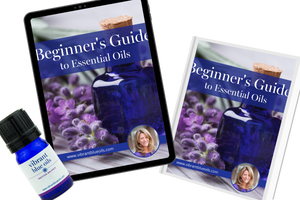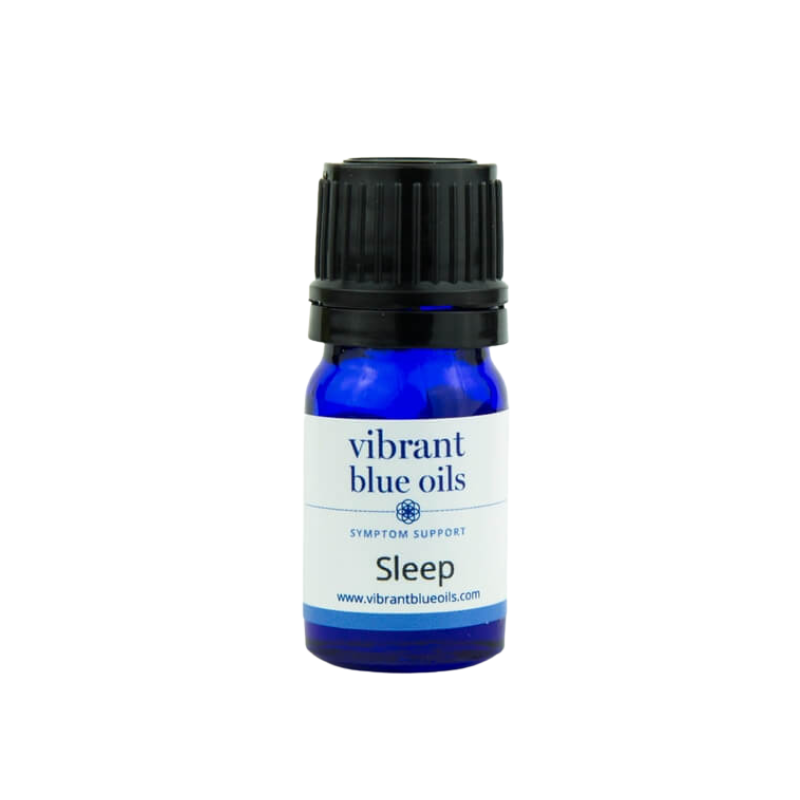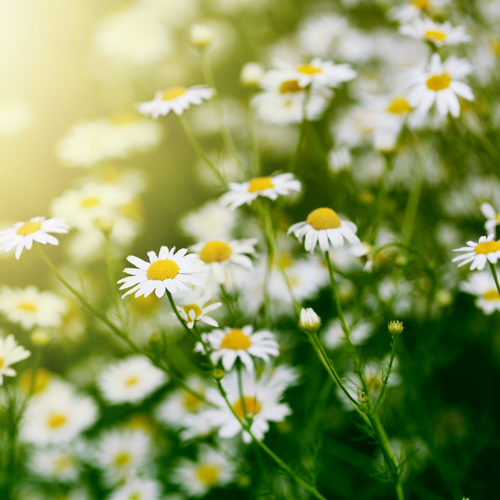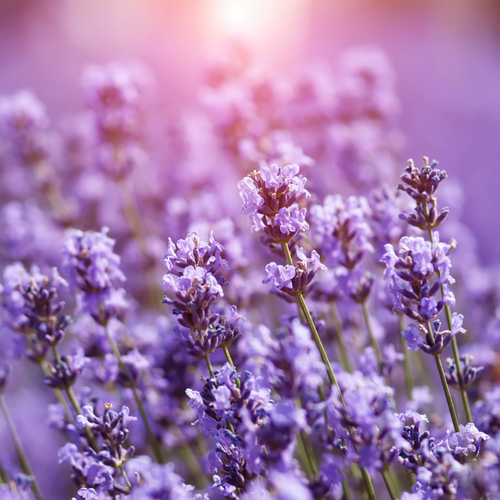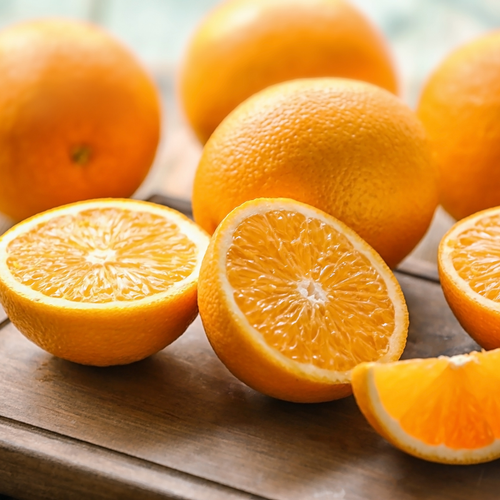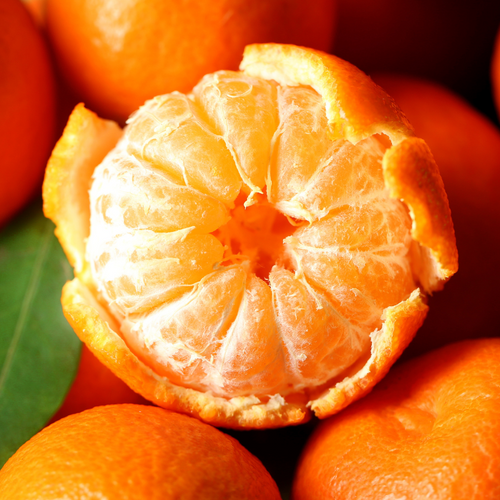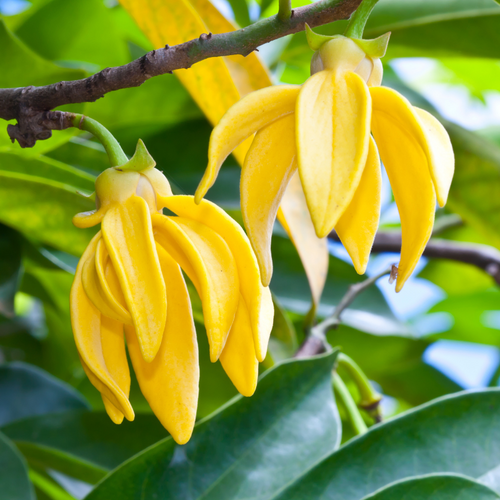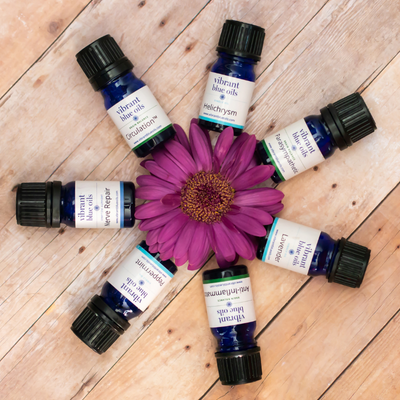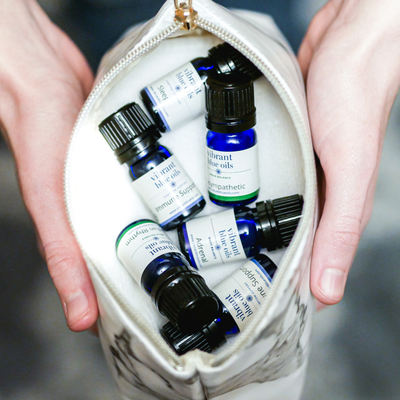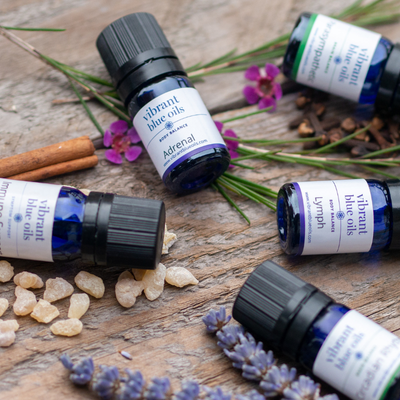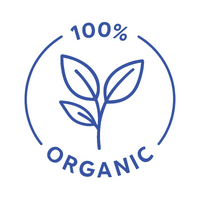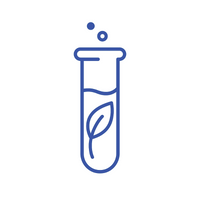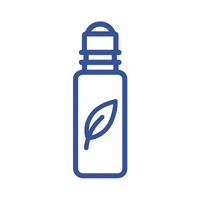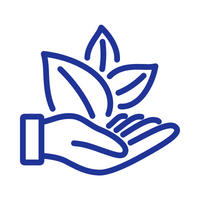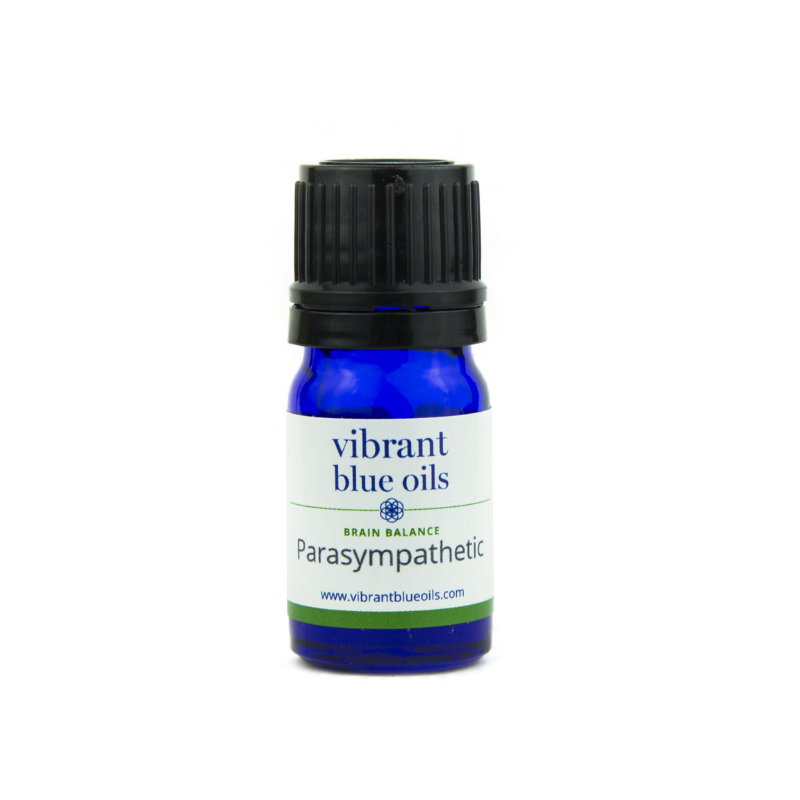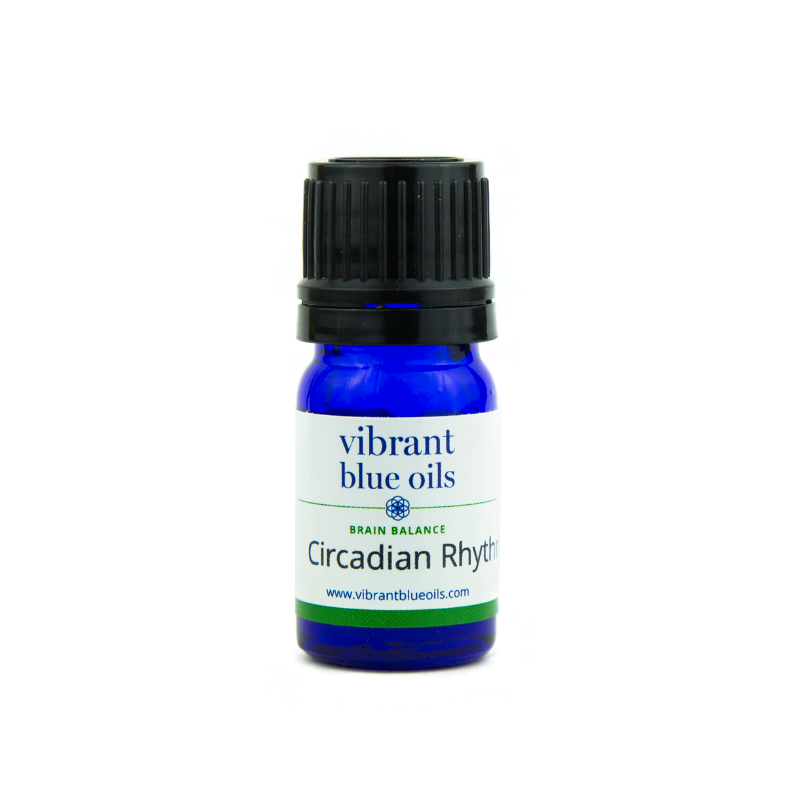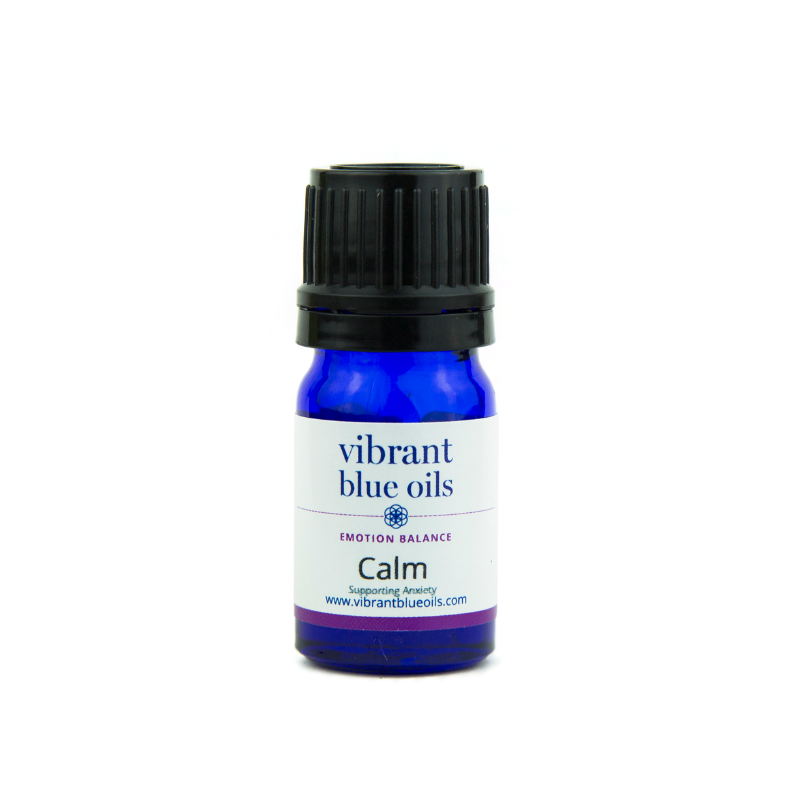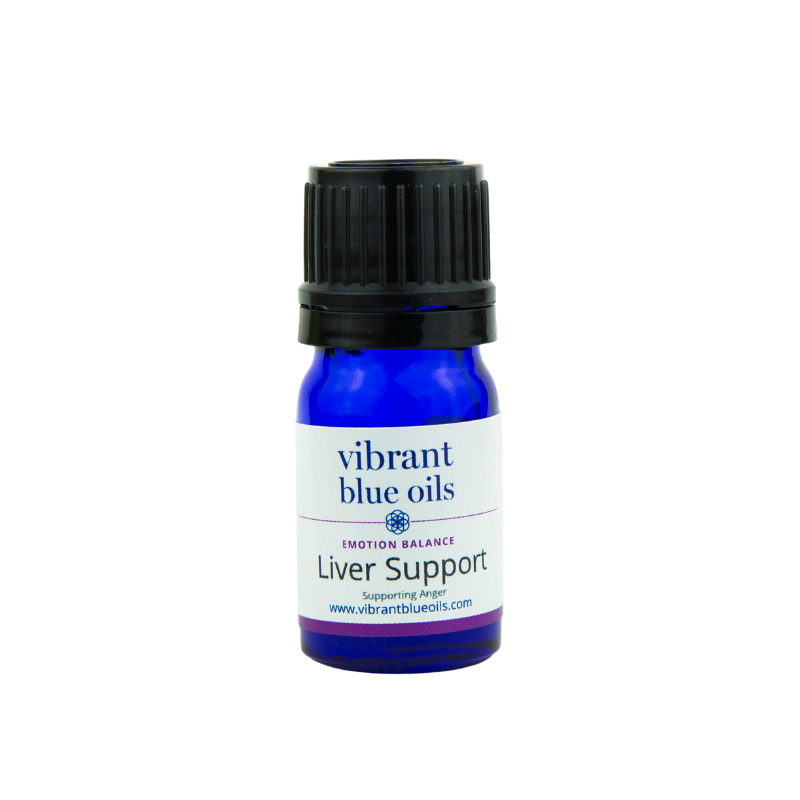Blue Tansy
Tanacetum annuum
Blue tansy is a flowering plant related to the daisy that hails from Morocco.
It derives its vivid shade of blue from its azulene content which is not only responsible for the distinctive color,
but the natural calming effect it provides. Blue tansy is known to balance physical and emotional issues related
to nerves, anxiety, stress and even cases of mild depression.
More specifically, blue tansy helps lift physical and mental stagnation, relieving congestion along with anger, anxiety,
depression and nervous agitation to help open your heart and move out energy that no longer serves you.
On a physical level, it helps calm inflammation and neutralize histamine to calm allergic reactions.
It helps enhance the properties of the other oils in the blend and will help you relax your mind and body.
Citronella
Cymbopogon winterianus
Citronella can be relaxing and support restful sleep.
Research shows that, when inhaled, citronella oil may reduce stress and pain in pregnant women.
A 2014 study published in the Iranian Red Crescent Medical Journal
found that common active ingredients of citronella like nerol, geraniol, phenyl ethyl alcohol, and linalool,
reduced anxiety up to 71% during pregnancy, labor, and childbirth.
Additional research has found that inhalation of citronella oil, in combination with lavender essential oil,
seems to activate the parasympathetic nervous system which supports relaxation and sleep.
Citronella essential oil is also found to relieve pain and increase your pain threshold.
German Chamomile
Matricaria recutita
A natural anti-histamine, Roman Chamomile can help promote the health of your physical heart.
Roman chamomile contains high levels of flavonoids, or plant secondary metabolites,
that have been shown to significantly reduce mortality from coronary heart disease when taken internally.
A 2013 study found that an essential oil blend including
lavender, Roman chamomile and neroli reduced anxiety levels and improved the sleep quality of patients in an intensive care unit.
Similarly, a 2006 study found that inhaling Roman Chamomile essential oil promoted sleep with calmness and drowsiness.
Inhalation of chamomile is believed to offset stress-induced increases in ACTH hormone, which triggers cortisol.
According to a 2005 study, chamomile extracts
exhibit benzodiazepine-like hypnotic activity. A significant decrease in time to fall asleep was observed in rats
who received chamomile extract at 300 mg/kg of body weight.
Lavender
Lavandula angustifolia
Lavender is known for its sedative, anxiety-relieving and calming properties.
A study published in Sage Journal
found that “lavender oil displays similar therapeutic effects as melatonin.”
Additional research on aromatherapy with lavender
found that “blood melatonin levels significantly increased in the total population after intervention with aromatherapy.”
Further studies suggest lavender works as well as Lorazepam for calming anxiety.
Its key constituent linalool activates GABA receptors to balance brain activity and reduce depression symptoms.
Inhalation of Lavender essential oil has also been shown to calm the nervous system and lower blood pressure,
heart rate, and skin temperature.
Lime
Citrus aurantifolia
Lime oil is known to support relaxation and sleep.
In fact, Lime essential oil was found to be “more effective than antidepressants”
(study).
Lime essential oil is high in d-limonene, which demonstrated “anti-stress action” in animal trials.
Researchers concluded that “d-limonene exerts, through its metabolite perillyl alcohol (POH),
a significant anti-stress action measurable by behavioral and physiologic parameters under nervous system influence.”
Patchouli
Pogostemon cablin
Patchouli, from Southeast Asia, is known for its sedative properties that help balance an overactive mind,
manage stress and support sleep.
Research has found that inhalation of spikenard and patchouli essential oils together is especially sedating.
One study showed synergistic effects when oils were combined,
suggesting greater relaxation than single oils alone.
Inhaling patchouli is thought to encourage serotonin and dopamine release,
easing anger, anxiety and stress.
Spikenard
Nardostachys jatamansi
Spikenard, from the Himalayas, has long been used as an herbal tranquilizer.
Inhalation was found to have a sedative effect on mice in controlled studies.
The sedative properties are attributed to sesquiterpenoids isolated from spikenard,
which inhibited locomotion in mice and induced sleep to the same extent as diazepam (Valium).
(study)
Tangerine
Citrus reticulata
Tangerine soothes and sedates the body, relieving anxiety, tension, stress, and systemic inflammation.
It also promotes hormonal secretions that help the body relax.
A study on aromasticks for sleep problems
found that 92% of participants reported improved sleep with inhaled tangerine essential oil.
Ylang Ylang
Cananga odorata genuina
Ylang Ylang essential oil works directly on brain chemicals to reduce anxiety and depression.
It balances the central nervous system, calms blood pressure and supports relaxation.
Research has found Ylang Ylang “possesses sedative, relaxing, and harmonization effects.”
A study showed daily inhalation of lavender, ylang ylang, and bergamot
reduced cortisol, psychological stress, and blood pressure.
